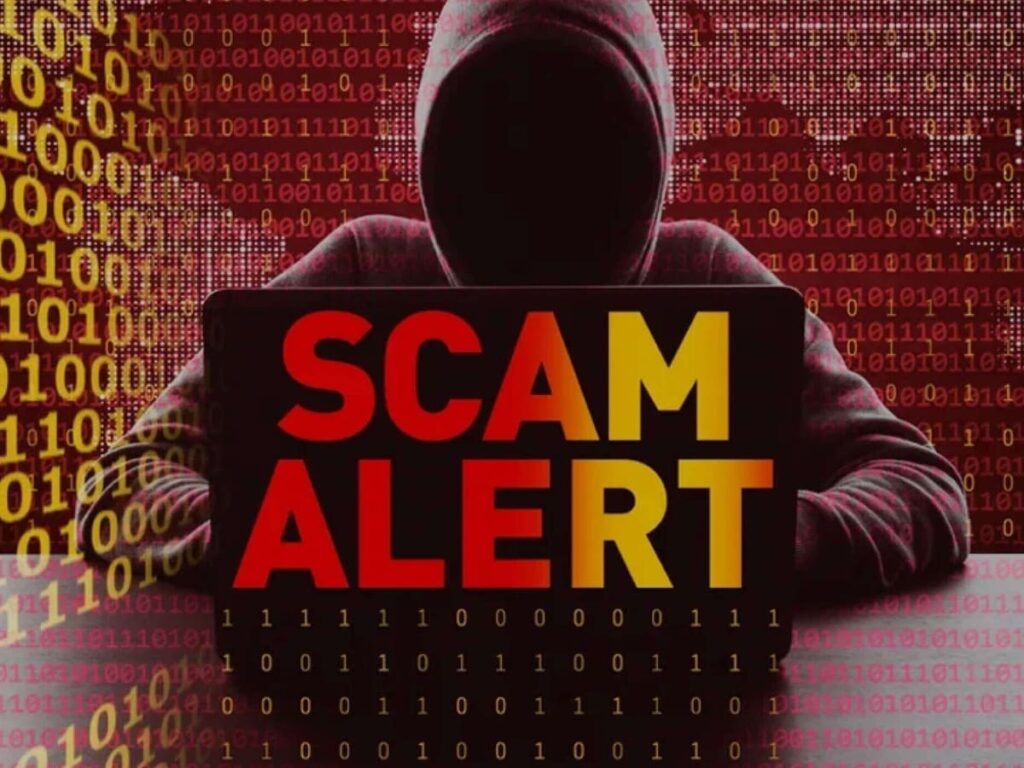In today’s digital age, cybersecurity is more important than ever. Phishing scams have evolved, and hackers are constantly devising new strategies to exploit unsuspecting individuals. Recently, reports have surfaced indicating that scammers are increasingly leveraging the trust associated with Microsoft to deceive people. This manipulation of a well-known brand speaks volumes about the lengths to which cybercriminals will go to execute their fraudulent schemes.
Understanding Microsoft Phishing Scams
Phishing scams targeting Microsoft users often involve deceptive emails or messages that appear legitimate. These scams typically aim to steal sensitive information, such as passwords and personal details, by tricking individuals into providing this information through fake websites or forms. Understanding the common characteristics of these scams is essential for protecting oneself.
Characteristics of Microsoft Phishing Scams
- Imitation of Branding: Scammers often design their messages to closely resemble official Microsoft communications, including logos and color schemes.
- Urgency: Many phishing emails create a false sense of urgency, prompting users to act quickly—such as clicking on links or entering personal information.
- Generic Greetings: These emails frequently use generic salutations like “Dear User” instead of a personalized greeting, which can be a red flag.
- Links to Fake Websites: Phishing attempts often encourage users to click on links that lead to counterfeit websites designed to harvest data.
- Attachments: Emails may contain attachments that, when opened, can install malware on the user’s device.
How to Spot a Phishing Scam
Recognizing the signs of phishing can empower users to safeguard their personal and financial information. Here are some tactics for identifying a phishing attack:
| Warning Signs | What to Look For |
|---|---|
| Suspicious Sender | Check the email address closely for any irregularities. |
| Misspellings and Grammatical Errors | Official communications from Microsoft are generally free of these mistakes. |
| Requests for Sensitive Information | Legitimate companies will never ask for sensitive information via email. |
| Unfamiliar Links | Hover over links to view the actual URL before clicking. |
| Too Good to Be True Offers | Be wary of offers that seem unrealistic or overly enticing. |
Steps to Protect Yourself from Phishing Scams
Preventing phishing attacks involves a proactive approach. Here are some steps to enhance your online safety:
- Enable Two-Factor Authentication: Adding an additional layer of security can help protect your accounts.
- Keep Software Updated: Ensure that your operating system and applications are regularly updated to defend against vulnerabilities.
- Use a Password Manager: A password manager can help create and store complex passwords securely.
- Educate Yourself: Regularly stay informed about the latest scams and phishing techniques.
- Report Phishing Attempts: Report any scams to Microsoft and relevant authorities to help prevent others from falling victim.
Conclusion
As phishing scams continue to evolve, awareness and education are crucial in defending against these threats. By understanding the tactics employed by scammers and implementing protective measures, individuals can significantly reduce their risk of falling victim to phishing. Microsoft users, in particular, should remain vigilant, recognizing the potential exploitation of the brand’s credibility by cybercriminals. Remember, maintaining a cautious and informed approach is your best defense against phishing attacks.
